Dean Somerset – The Ultimate Training Guide for Cancer Survivors
I’m going to switch gears today and take a little bit more of a serious tone – but it’s for a great reason. My good friend and fellow bromancer, Dean Somerset, just released his new product, The Ultimate Training Guide for Cancer Survivors and I asked if he’d be willing to give a little bit more insight who this product is for and what people can expect.
Given that 1 in 3 people will develop cancer in his or her lifetime, it’s a wonder that this type of product has never really gained attention in the fitness community.
Alwyn Cosgrove released Lift Strong a few years back (of which I contributed), but other than that, the strength and conditioning community pales in comparison to the endurance community in terms of its’ contribution to cancer awareness/research/treatment, etc.
So, when Dean wrote me the other day asking if I’d be willing to mention it on my blog, without blinking an eye I said, “of course!” How could I not, really? If I refused that would basically be like me kicking a puppy in the face. Not cool.
Anyways, I’ll let Dean take over from here.
AND, FOR THE RECORD, I MAKE ABSOLUTELY NO COMMISSION OFF THE SALE OF THIS PRODUCT.
EDIT: Also, Dean is in the process of getting some of the proceeds to go towards cancer research. Understandably I can see how this may have rubbed some readers the wrong way – my apologies for not making this point earlier.
TG: Dean, lets cut to the chase – when people think of niche products, most conjure up thoughts of fat loss or how to get swole in ten days. What prompted you to produce this Survivor’s Guide?
DS: Let’s say that hypothetically you wanted to target the biggest niche market available. Unfortunately, the percentage of people out there who are looking to take their bench or deadlift to its’ ultimate potential is somewhat lacking, somewhere in the 0.1% of the population, or less.
If we consider the fact that 1 in 3 people will develop some form of cancer in their lifetime, that gives a pretty big market to pull from. Additionally, there are very few trainers out there with any knowledge of how to work with people who are recovering from cancer. I’ve had the unique opportunity to work in clinical rehabilitation settings with cancer patients, research protocols testing the effects of exercise on various types of cancer in various stages, and also to train dozens of people in one-on-one sessions who were going through or recovering from various cancers.
In all I’ve probably worked with over 200 cancer patients, as well as some of the top researchers, PhD’s and MD’s in the field of exercise oncology.
In each situation, exercise made the patients stronger, fitter, and able to handle their treatments better and with less long-term effects. Even those with terminal cancer who wouldn’t be able to survive more than a year were able to see increases in strength and aerobic capacity!!!
One person was able to train for a marathon, with no previous exercise experience, and while recieving intensive treatment for an agressive form of breast cancer!
Most of my clients who like to moan and complain about how hard they have it shut up pretty quickly when I tell them the stories of my clients who had it waaaaay worse, and made absolutely no excuses as to why they couldn’t work hard or give it their all.
TG: I hear you there brother! It absolutely drives me bonkers how people will be so quick to make excuses and complain about how sore they are, when there are people out there who actually have something to complain about.
Can you give us a brief “inside look” at what the programming looks like? More specifically, can you drop some knowledge bombs as to how does this training differ compared to how you would program for a “healthy” individual (for lack of a better term?
DS: The programming is open to the discretion of the fitness professional working with that client, as each person is going to present differently. I give a breakdown of how to properly periodize a program based on the person’s treatment schedule so as to get the best benefit from the workout program without interfering with their treatments. Essentially, any properly periodized program will take into account the clients treatment schedule, the main difference is that you have to look at the total physiological stress on the body, not just the training stress.
TG: Huh, interesting. Can you give an example?
DS: Lets say that on Monday the client will be getting their next treatment. It wouldn’t make sense to crash the person in that week, as the stress from their treatment would be off the charts, and they would have a hard enough time making it to the gym, let alone maxing out their sprint intervals. Using a recovery week in this time would probably work best, and then building intensities would be able to provide the right stimulus to development until their next treatment. There are different schedules depending on their type of cancer and the stage its’ in.
A couple of big things to consider when training cancer patients are the obvious ones and the soft ones. Obvious ones would be that they are in an intense phase of healing, so they may not be able to handle intense work that well without getting dizzy or nauseous. If the joints of their hands swell, they will have a lot of difficulty grabbing a dumbbell or a barbell, so changing the grip may be required.
Surgical complications from the removal of the cancer can be present as well, ranging from joint stiffness to core dysfunction to cerebral impairments in cases of some brain tumors.
Some of the soft signs would be things like hyper-sensitivity to smell (no perfumes or colognes!!), hormonal alterations (in many cases, breast cancer patients can actually gain fat as a result of the treatments!!), and depression/anxiety.
Making sure you know what these are and how to properly plan for them can make or break a successful training environment and help increase the benefits of an exercise program.
TG: Wow, I never would have thought about the perfume and/or cologne aspect. Lastly, is this JUST geared towards fitness professionals, or can anyone benefit from this product?
DS: Additionally, this product comes with a “non-professional” version that can be used with clients, friends, family, who ever you want who may not have that much of a science background to understand them big fancy words. It give the basics of what cancer is, how it develops, what the person can do about it, and how to get involved in exercise without getting into too much trouble. I don’t know of many other products out there that take into account the trainer perspective as well as the client perspective.
I had one of my clients recovering from stage 4 breast cancer watch the “non-professional” version to get her opinion on it, and she said she learned more from that one hour video than in all her oncologist, physiotherapist, rehab consultant, and massage therapist appointments combined!!
NOTHING AGAINST THESE OTHER PROFESSIONS, BECAUSE THEY ARE DEFINITELY NECESSARY, BUT THEY DON’T REALLY TEACH, THEY TREAT.
TG: Awesome, awesome stuff Dean. I thnk it’s amazing that you took it upon yourself to produce a product that will undoubtedly help A LOT of people. In closing, where can people find out more?
DS: I’ve put this on an introductory sale for the first week of the launch, and you can pick it up for the low cost of $19.95 until Friday at midnight. Head to the page
Digital Download Dean Somerset – The Ultimate Training Guide for Cancer Survivors at Offimc.click Now!
Delivery Information
- Upon ordering the product, a delivery email with download instructions will be sent immediately to you so that you may download your files. If you log in (or create an account) prior to purchase you will also be able to access your downloads from your account dashboard.
- It is a digital download, so please download the order items and save them to your hard drive. In case the link is broken for any reason, please contact us and we will resend the new download link to you.
- If you don't receive the download link, please don’t worry about that. We will update and notify you as soon as possible from 8:00 AM – 8:00 PM (UTC+8).
- Please Contact Us if there are any further questions or concerns you may have. We are always happy to assist!



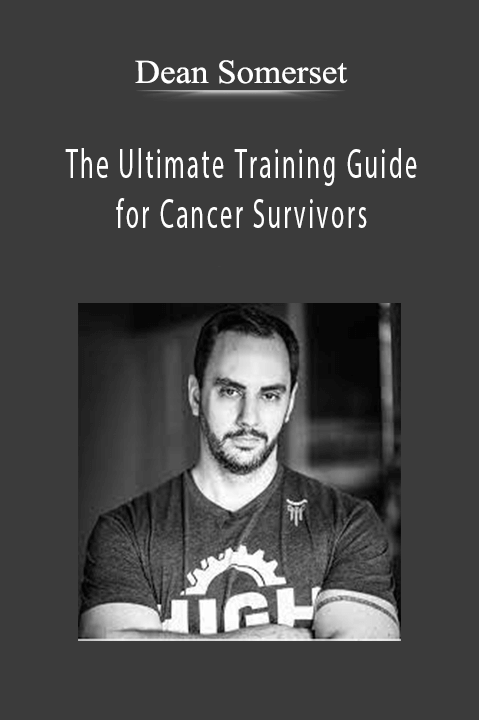

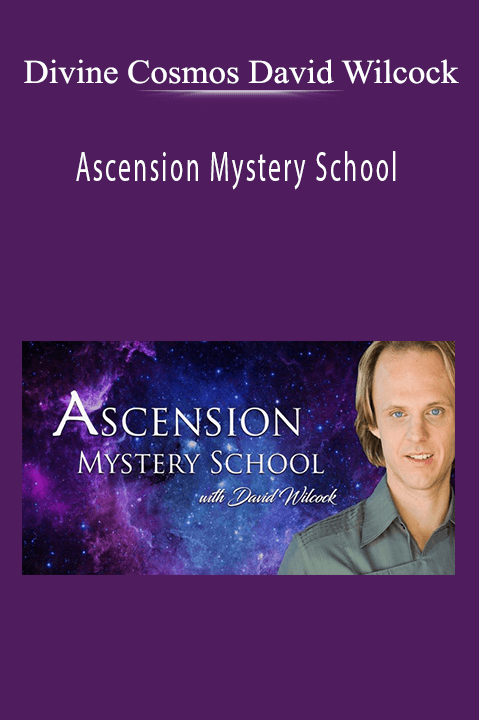


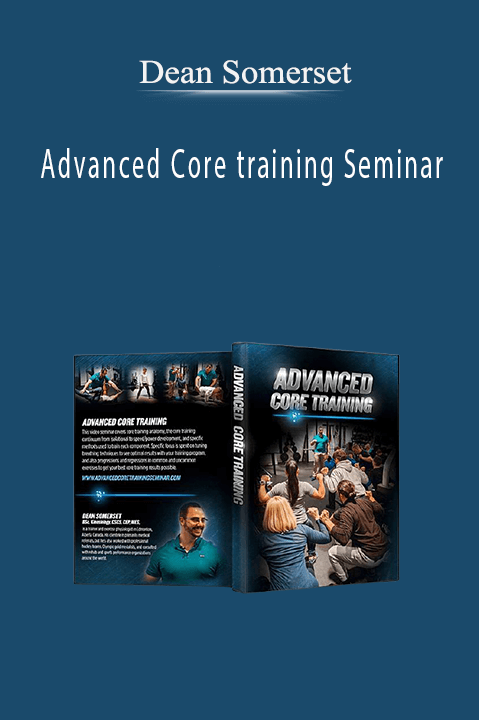
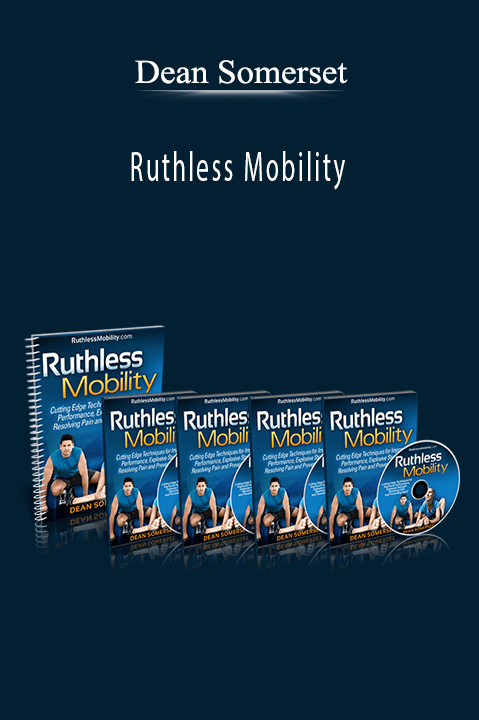
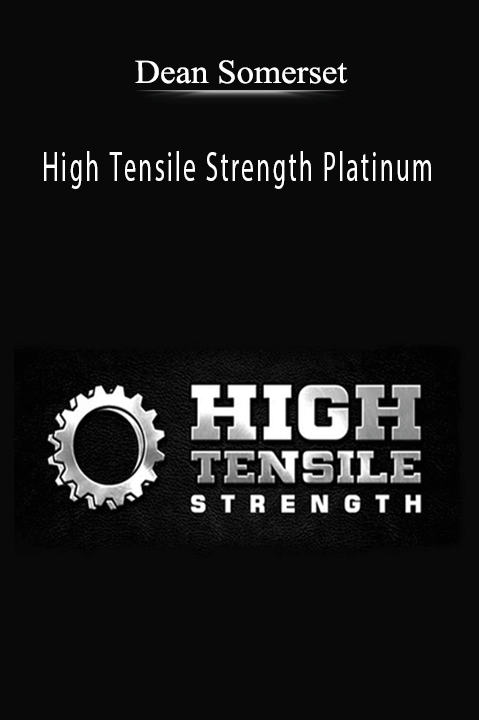
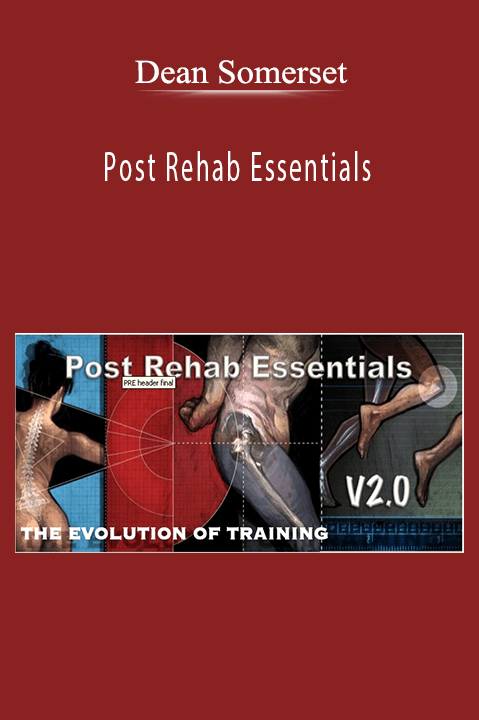
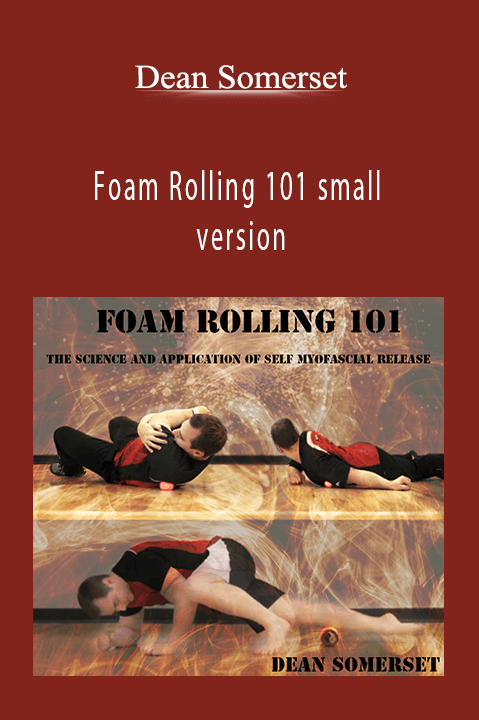
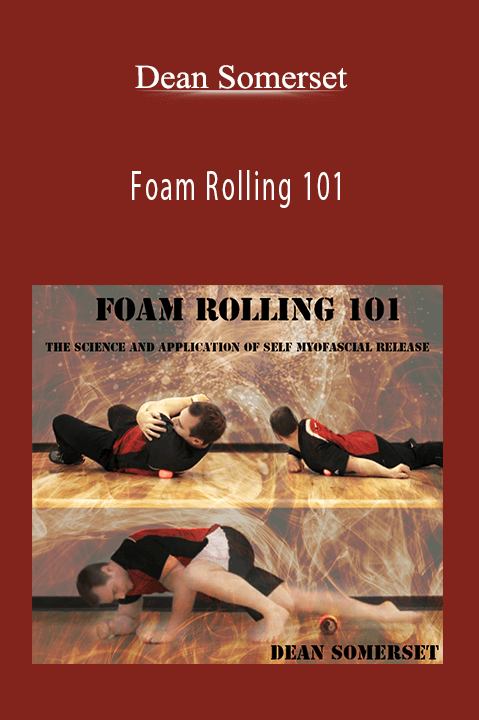
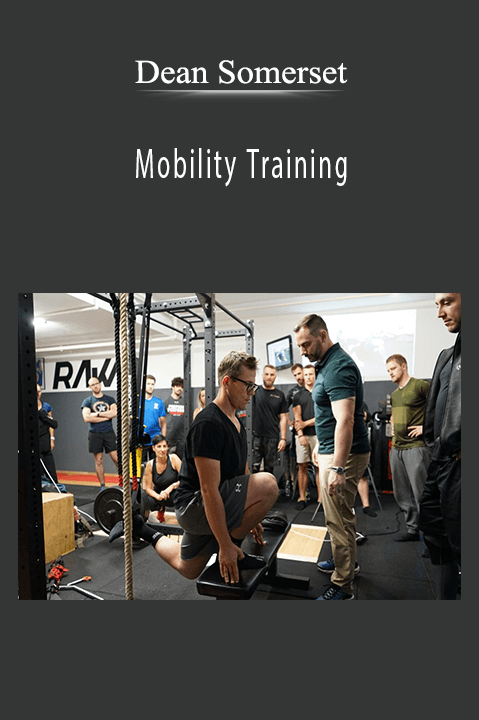
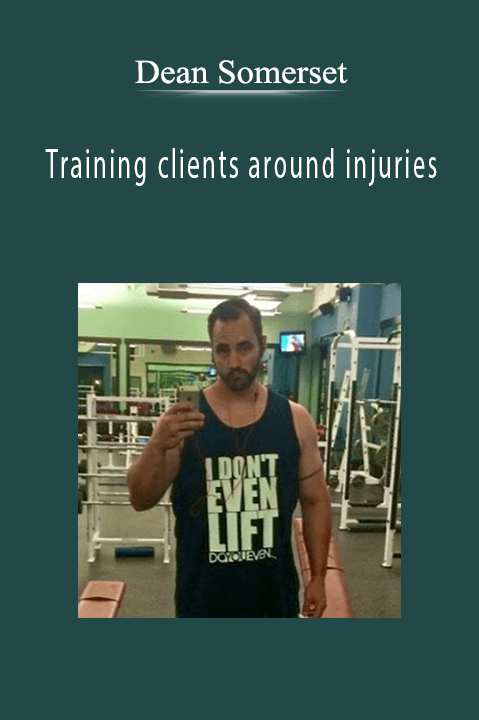
11 reviews for The Ultimate Training Guide for Cancer Survivors – Dean Somerset
There are no reviews yet.